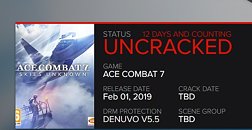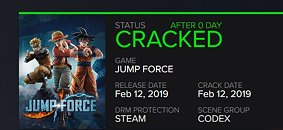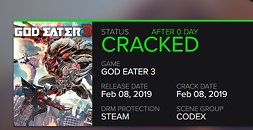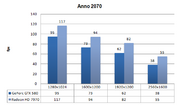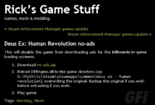
NVIDIA Explains How CUDA Libraries Bolster Cybersecurity With AI
Traditional cybersecurity measures are proving insufficient for addressing emerging cyber threats such as malware, ransomware, phishing and data access attacks. Moreover, future quantum computers pose a security risk to today's data through "harvest now, decrypt later" attack strategies. Cybersecurity technology powered by NVIDIA accelerated computing and high-speed networking is transforming the way organizations protect their data, systems and operations. These advanced technologies not only enhance security but also drive operational efficiency, scalability and business growth.
Accelerated AI-Powered Cybersecurity
Modern cybersecurity relies heavily on AI for predictive analytics and automated threat mitigation. NVIDIA GPUs are essential for training and deploying AI models due to their exceptional computational power.
Accelerated AI-Powered Cybersecurity
Modern cybersecurity relies heavily on AI for predictive analytics and automated threat mitigation. NVIDIA GPUs are essential for training and deploying AI models due to their exceptional computational power.








